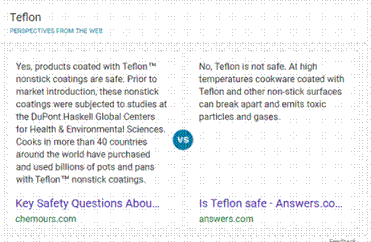- About
- Contact
- Blog
- CONSUME
- GALLERY
-
PERAMBULATIONS, Etc.
- Old Parcels Office, Scarborough
- Ghent
- White Cube
- Cornerhouse, Manchester
- Venice 2019
- Tectonics
- Leeds City Art Gallery
- Hayward Gallery, London
- Hull University Art Gallery
- Whitney Gallery, New York
- Royal Scottish Academy, Edinburgh
- Talbot Rice Gallery, Edinburgh
- Fruitmarket Gallery, Edinburgh
- Modern One & Two, Edinburgh
- Groeningemuseum, Bruges
- Humber Street Gallery, Hull
- Renwick Gallery, Washington DC
- Arenthuis, Bruges
- Ropewalk Gallery, Barton on Humber
- Geementmuseum, Den Haag
- Ferens, Hull
- Crescent Arts, Scarborough
- Walker Art Gallery, Liverpool
- Hepworth Wakefield
- Yorkshire Sculpture Park
- Stedelijk, Amsterdam
- Henry Moore Institute
- Louisiana
- SMK Copenhagen
- Yorkshire Sculpture International
- Tate Modern
- Whitworth, Manchester
 +The race to find a Labour parliamentary candidate in my constituency, Scarborough and Whitby is underway. As with selections up and down the country it is being strictly controlled, with limited room for local members to have a say, never mind put themselves forward. This even comes down to having to submit questions to a regional official prior to the hustings meeting, for vetting presumably. One will have to come up with innocuous questions. I think ‘What is your take on Keir Starmer’s leadership?’ is innocuous and neutral enough. I’ll see whether it gets through the vetting process. +One of my post-movie watching habits is proceeding to Wikipedia to see what the film was all about and whether the critics rated it. This of course is the only way one can find out if you have wasted your time. You might think you enjoyed a film, but if the critics said it was rubbish, then you should feel abashed and repent. Last night on the BBC iplayer I watched Dark Waters, the story of how a lawyer in the US, Rob Bilot, took on DuPont, the chemicals giant for releasing dangerous chemicals into the environment—and tried its best to cover-up its misdeeds. Bilot’s fight continues to this day to get compensation for the victims. The film is highly rated and a good watch. The main ingredient of the pollution was called PFOA, or C8, an indestructible chemical which now, according to the filmmakers, can be found in 99% of humans. It is has another name: Teflon. I was hazily aware that in the early days of non-stick pans there were doubts about them. By 2005 these were more than doubts—Teflon was banned in the UK in 2005, and has been banned in many other countries too. I asked Google ‘Is Teflon safe?’ Two answers topped the list: The Yes answer is provided by the company that eventually bought out Du Pont, Chemours. Their active website, following the Google link nevertheless leads to a ‘404 page not found’ dead end. The No answer link takes you to a detailed examination of the case. At least what little info is provided by Chemours bears out a major theme in the film, which is to say that Du Pont made its safety claims based on its own research merits—and with very little government regulation in the US it could get away with that. So, yet another film exposing corporate misdoings. We’ve had Erin Brokovitch (2000, about groundwater pollution), The Insider (1999—the tobacco industry), a documentary Exxon Mobil’s Climate Cover-up (2008), and no doubt many others, more generic perhaps, like The Corporation (2003). Then of course there’s a whole genre of films about the corrupt finance industry, often including the name ‘Wall Street.’ What I wonder has been the cumulative effect of all these films? Have any of them led to change? Perhaps there’s an academic study out there somewhere. I’ll ask ChatGPT.
0 Comments
Leave a Reply. |
Archives
March 2024
|

 RSS Feed
RSS Feed